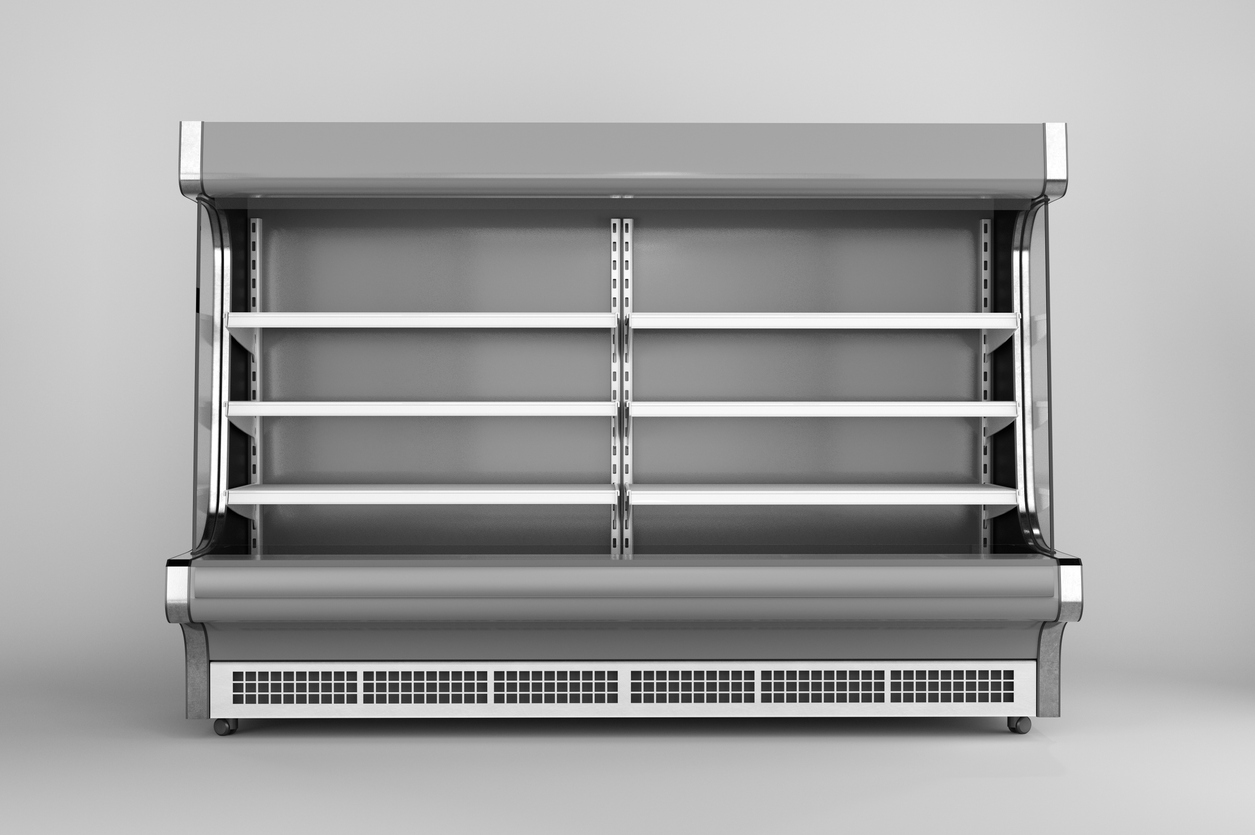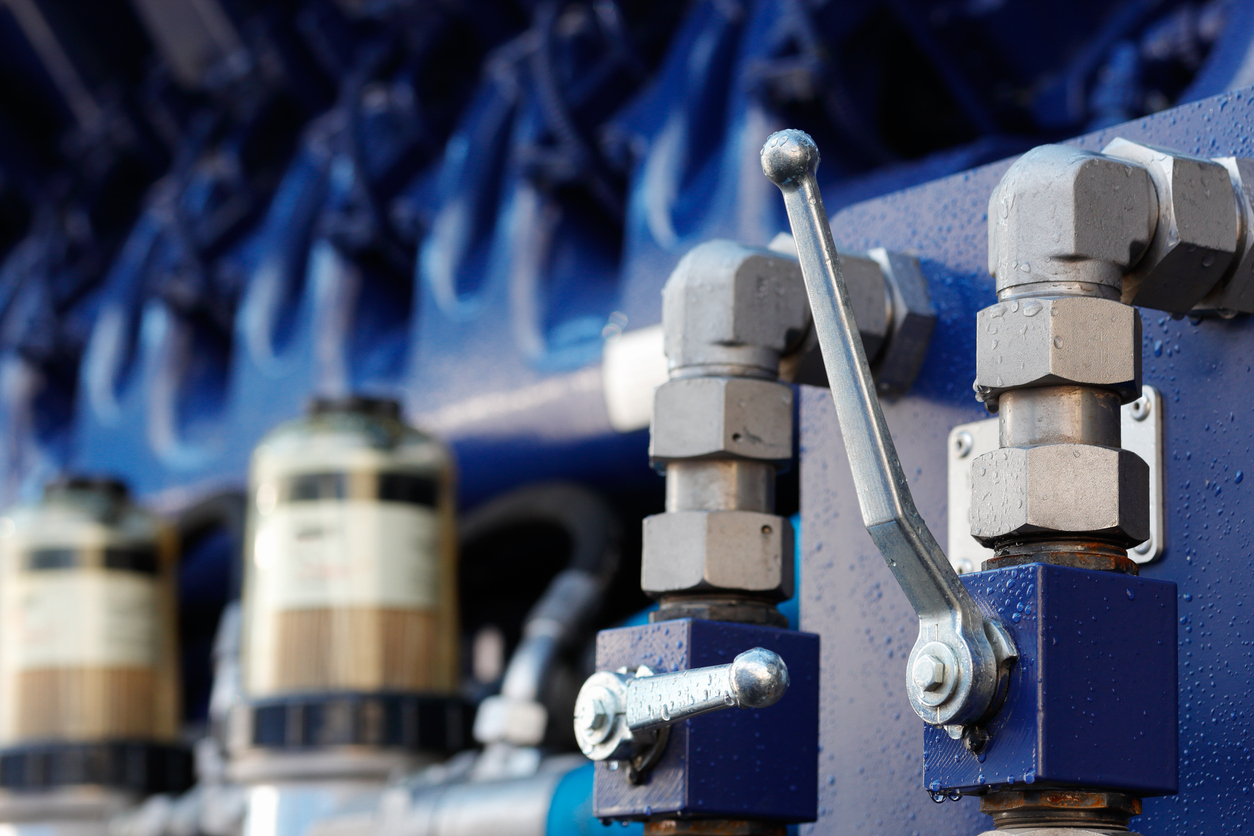How to Buy and Export Refrigerators from South Africa
How to Buy and Export Refrigerators from South Africa
Refrigerators are an essential part of any home. Whether you’re looking for a large, standalone refrigerator or something smaller as part of a kitchen island or cabinetry, there are many options available. If you’re interested in buying refrigerators from South Africa and exporting them to another country, read on to learn more. Refrigerators can be bought and exported if they meet certain standards set by the government. To do so, you must follow several steps and ensure that the refrigerators meet all requirements before importing them into the country you are sending them to. This blog post will explain how to buy and export refrigerators from South Africa so that your business does not run into any issues along the way.
Step 1: Find a Reputable Manufacturer
Before you buy refrigerators, you will need to find a reputable manufacturer who meets all the government regulations. Start by searching online for refrigeration manufacturers in South Africa. You can also contact your local Chamber of Commerce and Industries to find a list of approved manufacturers. A reputable manufacturer will be able to provide you with a certificate of origin that confirms the country of origin and ensures that the products are adhering to all government regulations and standards. Make sure that you check the expiry date on the certificate of origin to ensure that it has not expired. When you’re looking for a manufacturer, make sure that you ask the following questions: – What is your latest production? – How many units are in the production line? – What is your production capacity?
Step 2: Check Existing Certification
All refrigerators must be checked for an existing certification before being imported into another country. This helps to ensure that the refrigerators are safe to use and meet all government standards. Some common certifications include: – The South African Bureau of Standards (SABS): This certification checks that the refrigerators are certified and safe to use. – The European Union (EU) Low Voltage Directive (LVD) Certification: This certification checks that the refrigerators are safe to use and won’t cause any electrical hazards.
Step 3: Confirm the Shipment Terms and Conditions
Before you buy refrigerators, you will need to confirm the terms and conditions of the shipment. This will help you to understand the amount of time required to import the refrigerators as well as the cost of the shipment. Check the following terms and conditions before confirming the shipment: – The country of origin of the refrigerators: To buy refrigerators from South Africa, you must pick up the shipment from the port in South Africa. – The port of exit from South Africa: The refrigerators will be shipped out of the port in Durban, South Africa. – The port of entry into your country: The refrigerators will be shipped out of South Africa and arrive at the port in your country. – Custom clearance process and location: Once the refrigerators arrive at the port in your country, they will be inspected and cleared by customs.
Step 4: Verify the Quality of the Refrigeration System
Before you buy refrigerators, you must make sure that the refrigeration system is up to standard. The refrigeration system determines the overall quality and performance of the product. To ensure that the refrigeration system is up to standard, check the following: – The cold room temperature: The cold room temperature should be between -12°C and -18°C. – The cold storage temperature: The cold storage temperature should be between -18°C and -25°C. – The operating pressure: The operating pressure should be between 0.5 MPa and 0.8 MPa. – The refrigeration unit: The refrigeration unit should be between -45°C and -50°C.
Step 5: Confirm the Certificate of Origin
Once you’ve bought refrigerators and they are ready to ship, the manufacturer will issue a certificate of origin. This confirms that the products are made in South Africa, are the specified quality, and meet all the government regulations. Before you buy refrigerators and import them into your country, you must check the following: – The manufacturer: The manufacturer should be listed on the certificate. – The inspection site: The certificate should list the inspection site where the refrigerators were inspected. – The batch number: The batch number should be listed on the certificate. – The date of production: The date of production should be listed on the certificate. – The model number: The model number and specifications of the refrigerators should be listed on the certificate.
Step 6: Conclusion
Once you’ve purchased refrigerators from South Africa and ensured that they meet all government regulations, you can begin the process of importing them into your country. Before you do so, you must ensure that you have the necessary import and export documentation in place. If you are breaking bulk and importing refrigerators as loose items, then you will need to complete a loose declaration to import. If you are importing refrigerators in containers, then you will also need to provide a container declaration. Finally, you will also need to provide a commercial invoice and import declaration.








LEAVE A COMMENT
You must be logged in to post a comment.